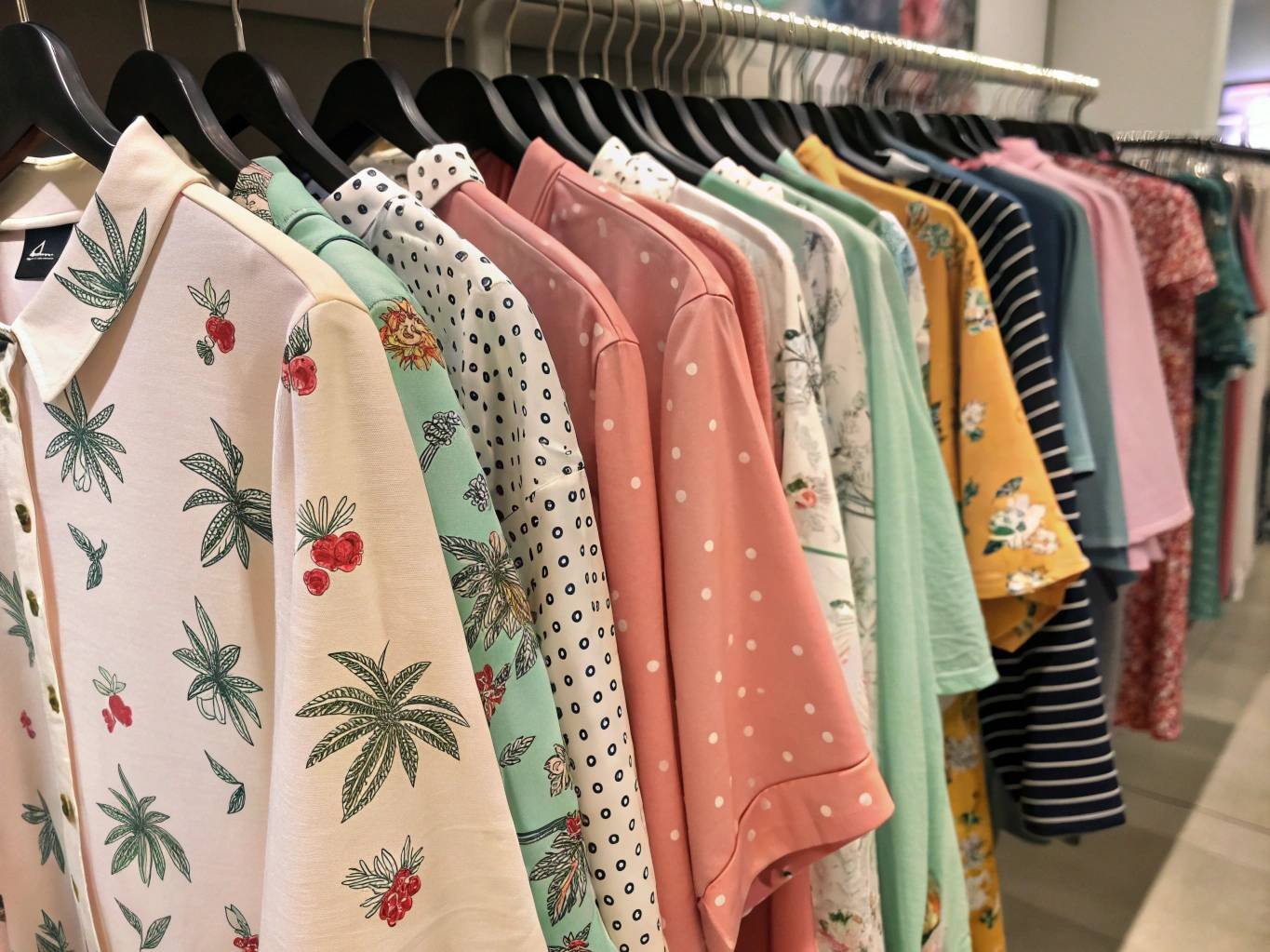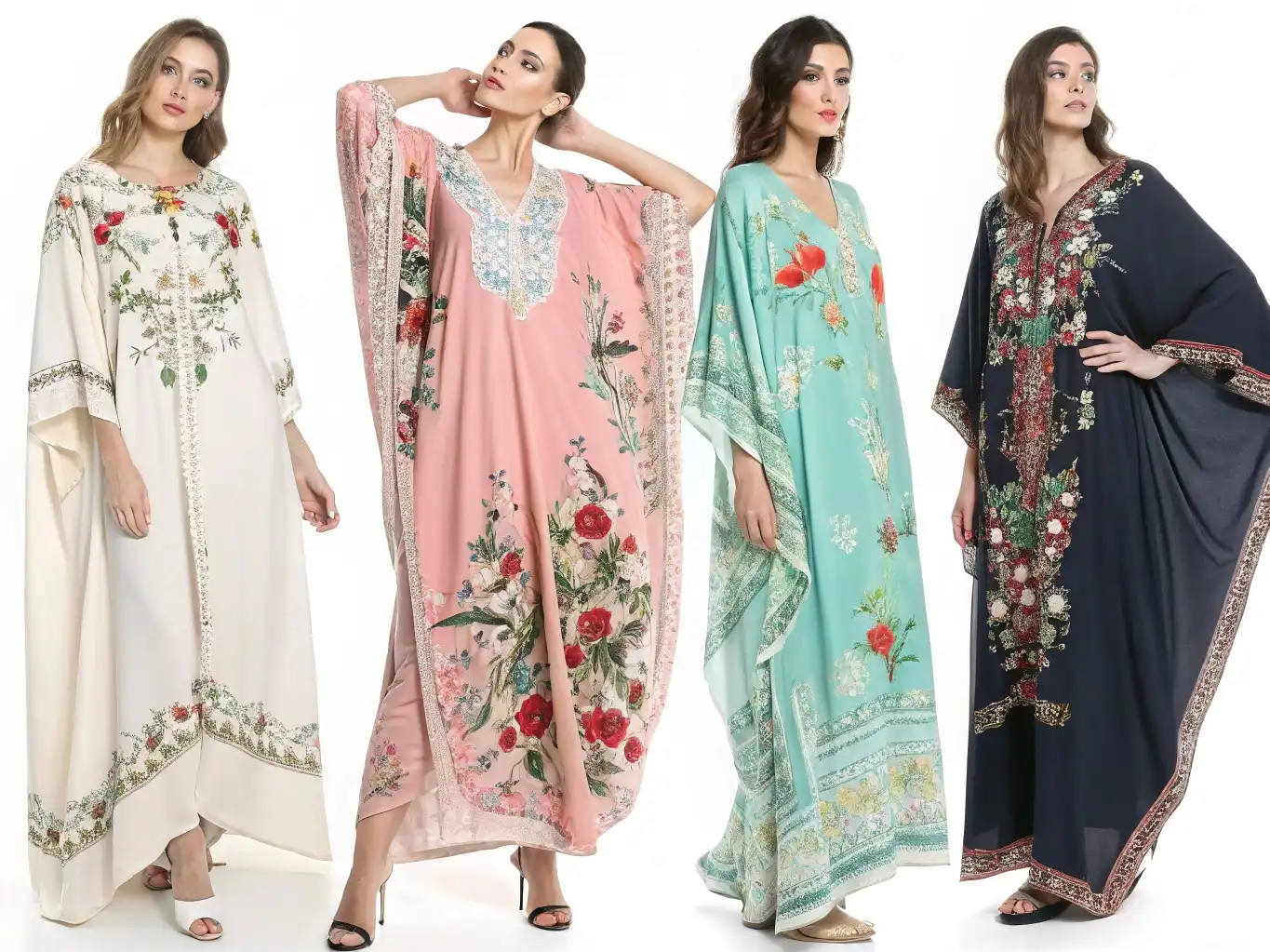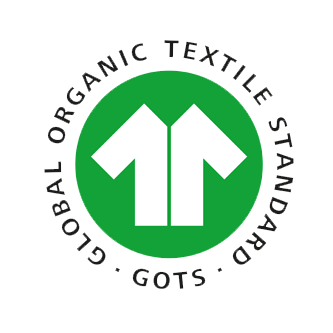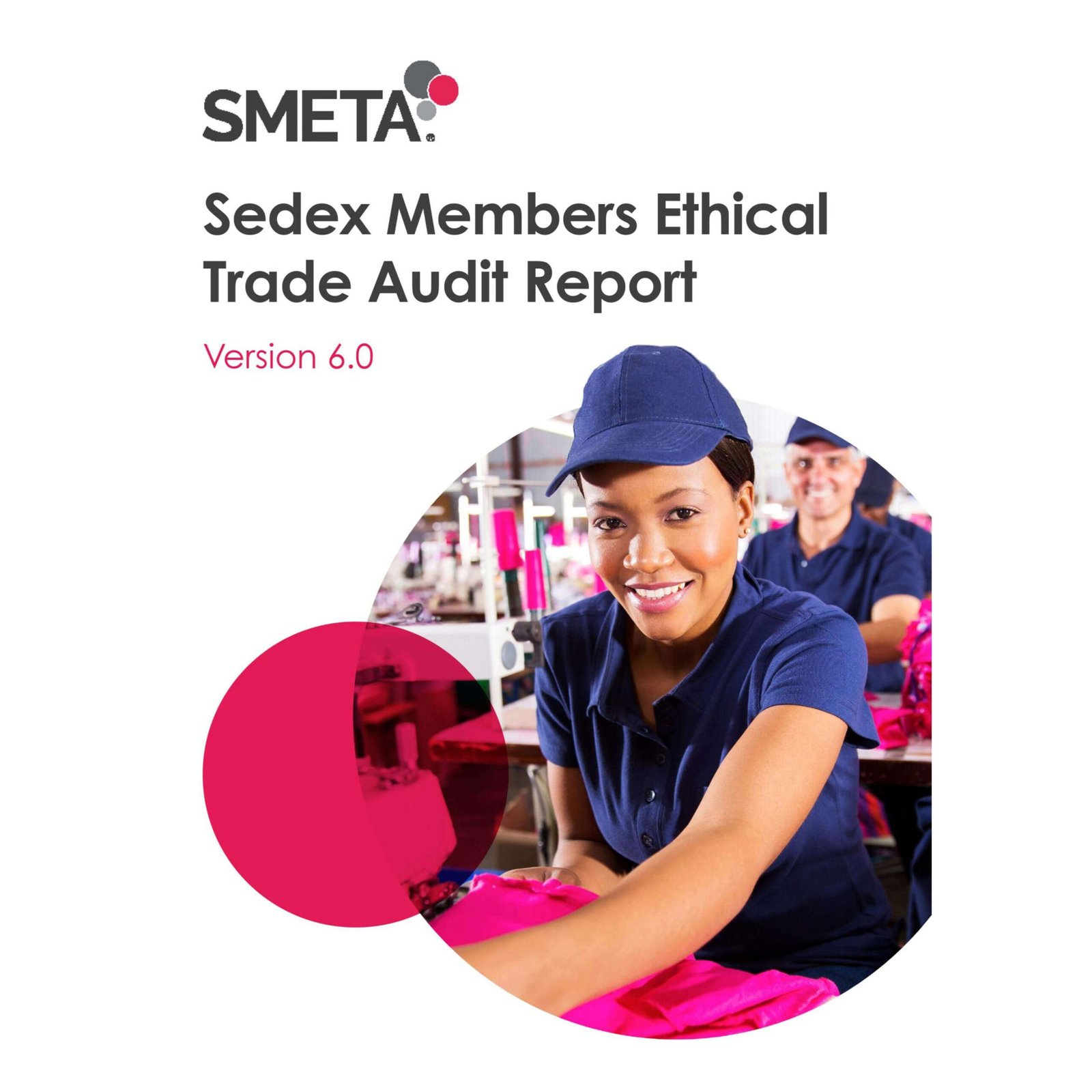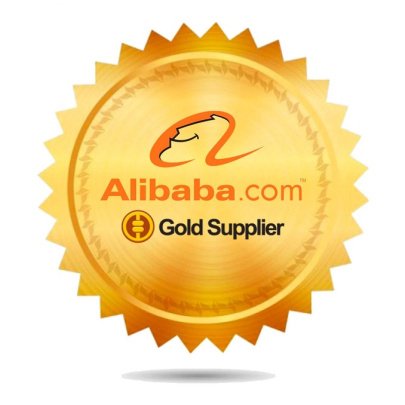Starting a clothing brand in the UK can be an exciting venture, but it comes with various financial considerations. From business setup to working with clothing manufacturers, there are numerous costs involved in launching your brand. Custom clothing manufacturers in the UK offer unique opportunities for producing quality garments, but it’s essential to understand how these costs will affect your overall budget.
Knowing how much money you need to start a clothing brand with clothing manufacturers in the UK will help you plan effectively and avoid financial surprises along the way.
In this guide, we’ll walk you through the essential costs associated with starting a clothing brand in the UK, from initial business expenses to ongoing operational costs1.
What Are the Initial Costs of Starting a Clothing Brand in the UK?
Before you dive into the manufacturing process, there are several initial costs involved in starting your clothing brand. These include setting up your business, creating a brand identity, and establishing an online presence.
Properly budgeting for these initial steps will ensure your business foundation is strong and your brand stands out in the UK market.
 Design Planning
Design Planning
Key initial costs of starting a clothing brand:
| Expense Category | Estimated Cost Range | Description |
|---|---|---|
| Business Setup & Legal Fees | £300 – £2,000 | Registering your business, obtaining licenses, and securing trademarks in the UK. |
| Brand Identity & Logo Design | £500 – £3,000 | Designing your logo, brand strategy, and visual identity. |
| Website & E-Commerce Setup | £1,000 – £10,000 | Setting up an online store, domain registration, and website design. |
How Much Should You Budget for Business Setup and Legal Fees in the UK?
Setting up your business in the UK requires registering with Companies House and obtaining necessary licenses. Legal fees also cover trademarks, intellectual property protection, and any contracts needed for working with suppliers or manufacturers.
Business setup costs typically range from £300 to £2,000, depending on the complexity of your business structure and the legal services required.
| Legal/Setup Expense | Estimated Cost Range | Why It’s Necessary |
|---|---|---|
| Company Registration | £12 – £150 | Registering your clothing brand as a legal entity with Companies House. |
| Legal Consultation & Contracts | £200 – £1,000 | Ensuring that contracts with suppliers, designers, and partners are legally sound. |
| Trademarking | £170 – £300 | Protects your brand name and logo from infringement. |
What Are the Costs Involved in Creating a Brand Identity and Website?
Building a strong brand identity includes designing your logo, brand colours, and overall aesthetic. You’ll also need to create an engaging website or e-commerce platform2 to sell your products online.
These costs typically range from £500 to £10,000 depending on the scale of your branding efforts and the complexity of your website.
| Branding & Website Expense | Estimated Cost Range | Description |
|---|---|---|
| Logo & Branding | £500 – £3,000 | Professional design services to create a cohesive brand identity3. |
| Website Development | £1,000 – £10,000 | Costs for building a custom e-commerce website or using an online platform like Shopify. |
How Do Clothing Manufacturers in the UK Affect Your Startup Costs?
Clothing manufacturers in the UK can significantly impact your startup costs. The cost of manufacturing will vary based on factors like garment complexity, fabric choice, and order volume.
Working with UK-based manufacturers offers advantages such as shorter lead times and easier communication, but it’s essential to understand how these factors influence your overall budget.
Key manufacturing costs to consider:
| Manufacturing Expense | Estimated Cost Range | Description |
|---|---|---|
| Unit Production Costs | £5 – £50 per unit | Depends on the type of garment, customization, and fabric. |
| Sample Creation | £100 – £500 | Creating prototypes for approval before full production. |
| Minimum Order Quantities (MOQs) | £500 – £5,000 | Manufacturers often require minimum order quantities that can affect your initial investment. |
What Are the Average Costs of Working with Clothing Manufacturers in the UK?
The cost of working with UK-based clothing manufacturers generally varies based on the type of garment, material used, and customization level. For example, a basic t-shirt may cost less than a fully tailored suit or jacket.
On average, manufacturing costs in the UK can range from £5 to £50 per unit, with prices depending on the complexity of the design and the fabric used.
| Clothing Type | Estimated Price per Unit | Description |
|---|---|---|
| Basic T-shirts | £5 – £15 | Plain or simple designs made from standard fabrics. |
| Sweatshirts & Hoodies | £15 – £35 | Prices increase with custom prints, embroidery, or high-quality materials. |
| Outerwear & Tailored Pieces | £30 – £50+ | More complex garments like jackets or suits involve higher costs. |
How Do Fabric Choices and Customization Affect Manufacturing Costs in the UK?
Fabric choices and the level of customization play a large role in determining manufacturing costs. Premium fabrics like wool, silk, or organic cotton can significantly raise the cost per unit, as can intricate customizations such as embroidery or complex patterns.
Choosing the right fabric and design complexity will allow you to manage costs while still offering unique products.
| Fabric Type | Estimated Price Impact | Why It Affects Pricing |
|---|---|---|
| Standard Fabrics (Cotton, Polyester) | £5 – £10 per unit | More affordable and widely available. |
| Premium Fabrics (Silk, Wool) | £10 – £20+ per unit | Higher-quality fabrics increase production costs. |
| Custom Embroidery/Printing | £5 – £20 per unit | Additional work and materials add to production costs. |

What Are the Hidden Costs of Starting a Clothing Brand in the UK?
There are several hidden costs4 to consider when starting a clothing brand in the UK. These often include shipping, packaging, distribution, and marketing expenses that can quickly add up.
Factoring in these hidden costs ensures that you’re well-prepared for any unexpected expenses as you launch and grow your clothing brand.
Hidden costs to consider:
| Hidden Cost | Estimated Cost Range | Description |
|---|---|---|
| Shipping & Fulfillment | £2 – £10 per unit | Costs for delivering your products to customers and managing inventory. |
| Packaging | £1 – £3 per item | Custom packaging that reflects your brand’s identity. |
| Marketing & Advertising | £500 – £5,000 per month | Includes digital marketing, paid ads, and influencer partnerships. |
How Do Shipping, Packaging, and Distribution Impact Your Clothing Brand’s Budget?
Shipping, packaging, and distribution are ongoing expenses that significantly affect your brand’s profitability. Offering free shipping or premium packaging can enhance the customer experience but will add to your operational costs.
Shipping costs will vary depending on your target market and whether you offer free shipping, while packaging costs will depend on the materials and design.
| Expense | Estimated Cost Range | Why It’s Important |
|---|---|---|
| Domestic Shipping | £2 – £10 per unit | Delivery costs for customers within the UK. |
| International Shipping | £10 – £30 per unit | Costs for shipping outside the UK to global markets. |
| Packaging | £1 – £3 per unit | Custom packaging enhances brand perception but increases costs. |
What Marketing and Advertising Expenses Should You Consider in the UK Market?
Marketing and advertising are critical for launching your clothing brand and attracting customers. In the UK market, you will need to consider the costs of digital advertising, influencer marketing5, and traditional advertising methods.
Marketing expenses can vary greatly depending on the channels you choose and the scope of your campaigns.
| Marketing Expense | Estimated Cost Range | Why It’s Necessary |
|---|---|---|
| Social Media Ads | £300 – £5,000 per month | Paid ads on platforms like Instagram and Facebook are essential for brand visibility. |
| Influencer Marketing | £500 – £10,000 | Collaborating with influencers helps promote your brand and build credibility. |
How Can You Minimize Costs When Working with UK-Based Clothing Manufacturers?
There are several ways to minimize costs when working with UK-based clothing manufacturers. Strategies like starting with smaller orders, working with local manufacturers, and negotiating pricing can help you reduce your initial investment.
By being strategic about your manufacturing process, you can keep costs low while maintaining quality.
Cost-saving strategies for working with UK manufacturers:
| Strategy | Estimated Cost Range | Why It Helps You Stay Within Budget |
|---|---|---|
| Small Orders to Start | £500 – £2,000 | Helps you test designs without large upfront costs. |
| Local Manufacturing | £1 – £5 per unit | Working with local suppliers can reduce shipping and lead time costs. |
| Negotiation | £500 – £5,000 | Negotiating better prices with suppliers can lead to long-term savings. |
Can You Start with Small Orders or Local Manufacturers to Keep Costs Low?
Starting with small orders helps to manage your initial investment and test market demand before scaling up. Local manufacturers can also help you save on shipping costs and allow for easier communication and faster lead times.
Smaller orders and local production are ideal for reducing risk and controlling expenses.
| Strategy | Estimated Cost Range | Why It’s Effective |
|---|---|---|
| Small Batch Orders | £500 – £5,000 | Reduces risk and keeps initial costs lower. |
| Local Manufacturers | £1 – £5 per unit | Avoids high shipping costs and enables quicker turnaround times. |
What Are the Best Negotiation Strategies with Clothing Manufacturers in the UK?
Negotiating with your clothing manufacturer is crucial to getting the best value for your investment. Consider negotiating for better prices, longer payment terms, or smaller order quantities, especially when starting out.
Successful negotiation ensures you are getting the best possible deal without compromising quality.
| Negotiation Strategy | Description | Why It Works for Your Budget |
|---|---|---|
| Larger Order Commitment | Offer larger orders in exchange for better pricing | Manufacturers may give better rates for larger, more predictable orders. |
| Flexible Payment Terms | Offer faster or upfront payments in exchange for discounts | Manufacturers may provide better pricing for quicker payments. |

What Are the Ongoing Financial Considerations When Running a Clothing Brand in the UK?
Once your clothing brand is up and running, you’ll need to budget for ongoing costs such as inventory management, restocking, and scaling operations. Proper financial planning ensures your business can grow sustainably.
Being prepared for ongoing expenses will help you manage cash flow effectively as your business expands.
Ongoing financial considerations:
| Expense | Estimated Cost Range | Description |
|---|---|---|
| Inventory Management | £500 – £5,000 per month | Managing inventory levels and preventing stockouts or overstocking. |
| Restocking & Reordering | £2,000 – £20,000 per cycle | Regularly restocking inventory to meet demand. |
How Much Should You Budget for Inventory Management and Restocking?
Managing inventory and restocking costs are ongoing expenses that require careful planning. You need to ensure you have enough stock to meet demand without overstocking, which can tie up your cash flow.
Investing in inventory management software and setting up a reliable restocking process ensures smooth operations.
| Inventory Expense | Estimated Cost Range | Why It’s Important |
|---|---|---|
| Inventory Software | £50 – £300 per month | Helps track stock levels and avoid stockouts. |
| Restocking | £2,000 – £20,000+ per cycle | Ensures you can meet customer demand and prevent delays. |
What Are the Key Financial Aspects of Scaling Your Brand in the UK?
As your brand grows, you’ll need to consider additional costs related to scaling, such as expanding your product range, increasing production capacity, and enhancing your marketing efforts.
Scaling requires careful financial planning to ensure you can maintain profitability while meeting increased demand.
| Scaling Strategy | Estimated Cost Range | Why It’s Crucial for Growth |
|---|---|---|
| Increased Marketing Spend | £1,000 – £10,000 per month | Scaling requires more investment in digital marketing and advertising. |
| Larger Production Orders | £10,000 – £100,000 | Larger production runs help reduce unit costs but require larger upfront investment. |
Conclusion
Starting a clothing brand in the UK with clothing manufacturers requires careful financial planning and a solid understanding of the costs involved. From business setup to ongoing operational expenses, it’s important to budget effectively and work closely with manufacturers to minimize costs. By considering your options, negotiating smartly, and planning for the future, you can create a successful clothing brand that thrives in the UK market.
-
This link provides insights into the ongoing costs you need to consider for sustainability. ↩
-
Explore top e-commerce platforms that can help you effectively sell your clothing online. ↩
-
Learn how to develop a compelling brand identity that resonates with your target audience. ↩
-
This link will help you uncover potential hidden costs that could affect your budget. ↩
-
Learn how to collaborate with influencers to boost your brand’s visibility and credibility. ↩



